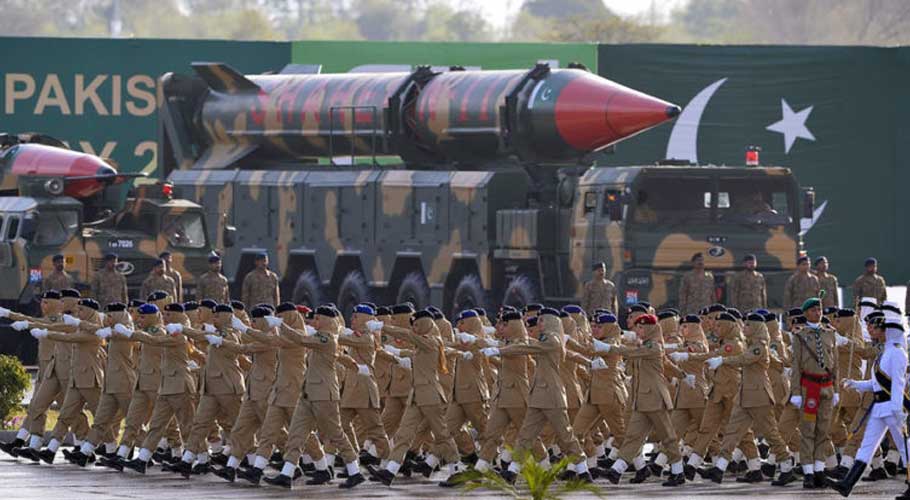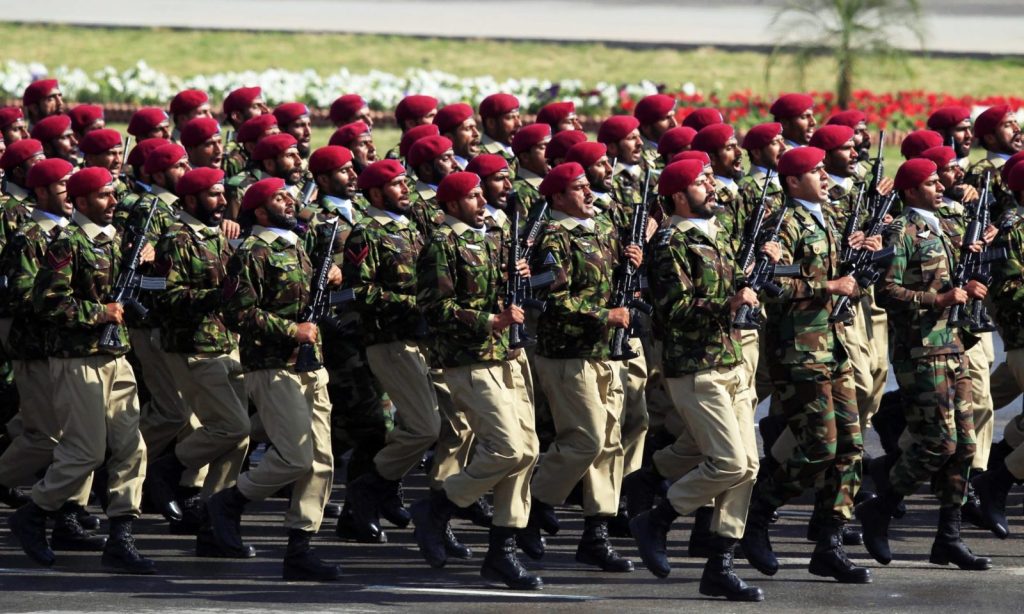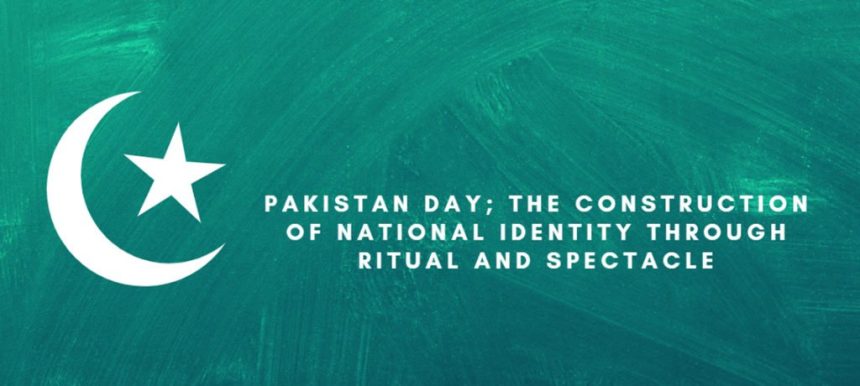Pakistan is set to celebrate Pakistan Day on 23rd march through a military parade at the capital Islamabad. The event celebrates the anniversary of the Lahore resolution of 1940 whereby Muslims of the subcontinent called for establishing an independent federation comprising provinces with a Muslim majority located in the north-western and north-eastern region of British-controlled territories in India. So, if Pakistan’s government wants to celebrate “a celebration where all Pakistanis can show their appreciation” towards the idea of Pakistan, towards its existence, or it’s military for protecting the borders, then why should not it do so? Will there be a huge cost? Probably. Will there be counter-demonstrations? Sure. Are there risks related to terrorist attacks or COVID-19 spreading? Of course. Should it happen considering all of these? Absolutely yes, and here is why.
Increasingly, in recent years, scholars have recognized that ‘nation’ and ‘national identity’ are social constructions, that they do not exist as essences but as political, cultural inventions and local tactics. National Parade days or Republic day celebrations that include military parades occur around the world. India celebrates its republic day on January 26, US celebrates its republic day on the 4rth of July, Russia on June 12 and so on. This year as well, India, whom Pakistan has fought three wars, illegally occupying Kashmir, and a country who recently discovered to be funding a network of fake NGOs and media outlets to malign Pakistan in the world, on it republic day displayed its military might to the world. Hence in order to answer back, a display of Pakistan military might could only do some good when it comes to showing power at the might stage.

Pakistan’s military was constantly at war since 9/11, fighting terrorism. It was not till operation Zarb e Azab that it was successful in getting rid of major terrorist groups. Between Pakistan’s inception and 2008, the parade was held at various venues in the country. In 2008, the parade was suspended for an extended period of time due to the growing amount of terrorism in the country and the fear that an attack on the parade was imminent. After a 7-year break, it was reconstituted in 2015 on the 75th anniversary. This decision was made in part to the anniversary’s significance as well as the success of Operation Zarb-e-Azb by the Pakistan Army. People grousing over the celebrations that celebrates our armed forces always ready to combat for our safety from the enemy is ironic, to say the least.
Global fire power’s 2021 Military Strength rankings show that Pakistan rose to 10th position in Military power in just four years from 18th position in 2018. A practical show of this fact was seen in February 2019 India–Pakistan military standoff, where Pakistan’s air force shot down two Indian jets and captured an Indian pilot as a prisoner. A day that celebrates our successes, prosperity, and national integrity through a show of culture, diversity, and military parade can help in promoting a positive and stronger image of Pakistan, that after 9/11, and increasing islamophobia has severely deteriorated.
A national-level parade can help address the much-discussed civilian-military “gap,” aid recruiting, and—most importantly—give all Pakistanis the chance to come together as one nation. In Pakistan, even at most elite universities, for example, the chances of an undergraduate meeting a serving member of the armed forces are very slim. The fanfare of a national parade in a key media market will give at least some of the citizenry who might not otherwise be exposed to the armed forces an opportunity to see the wonderful men and women who serve today.
Pakistan’s military gets easily slithered by Pakistani politicians on various media outlets now and then. This usage of military/or so known as the establishment, name, for political gains, creates mistrust among the followers of those politicians who do not realize that by through mud at the military they are only causing harm to the National cause. Hence, to build civil-military trust, couldn’t Pakistanis use more of these kinds of opportunities? Accordingly, isn’t anything we can do to re-acquaint Pakistani with their military (and, perhaps even more importantly, vice versa), a worthy investment for Pakistani democracy?
Parades benefit the military as well. Scholars note that today military parades still operate to instill pride and discipline among the military. Military manuals insist that drill is the foundation of discipline in battle, and that its importance has been proven again and again. Regular parades in public display the military as a highly trained, disciplined, and professional force. Given the coverage of allegations of military misconduct, the public ought to have the chance their military’s disciplined side as well.
“A parade could help sustain the morale of the force, which has suffered thousands of killed and wounded in the conflicts since Pakistan’s inception”

Whatever “narratives” the press or anyone else may want to propound about a particular politician shouldn’t dictate how—or even if—our apolitical military is honored for its warfighting prowess. This is an opportunity for all Pakistani to set aside, at least for a day, the bitter political “narratives” that are dividing the country and gather to celebrate its existence.
Of course, no parade could possibly solve Pakistan’s various problems from health to education crisis. However, still, if Pakistanis can show themselves that they can come together for this kind of celebration, perhaps we can start the journey to close the divides which are impeding this country from being what Pakistanis want and need it to be.






